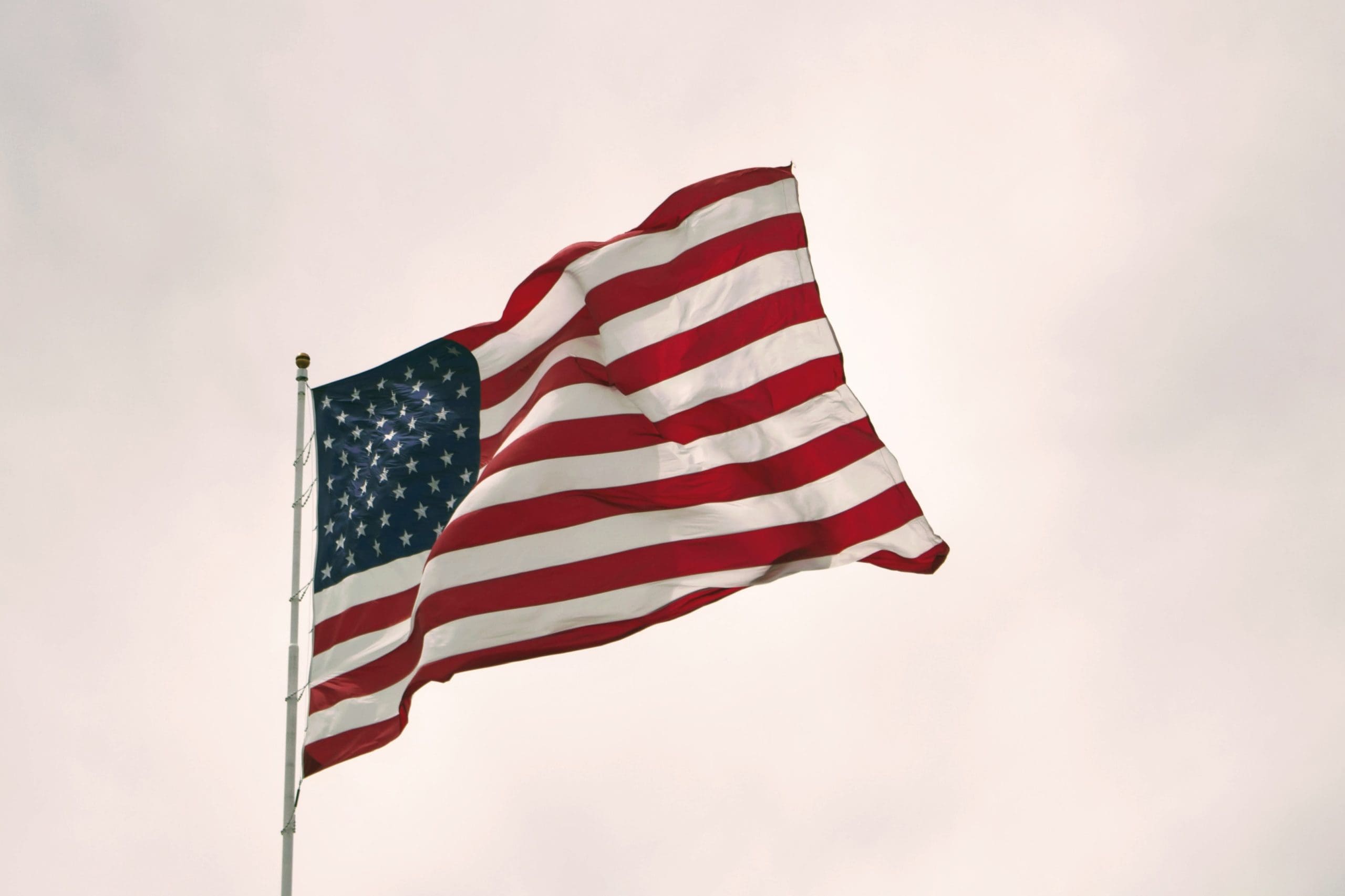Despite the name, the document really was not so much a “declaration” of independence as it was a recognition of independence. Our Founding Fathers were merely expressing in the legal and moral language of the day what was the current reality in the world around them. The American people were no longer subjects of the king.
I’ve told this story before, so forgive the repetition, but it is important to understand what the Americans believed in the 1770s.
Levi Preston was a minuteman at the Battle of Concord in 1775. Many years later, he was asked why he had fought the British. The interviewer clearly expected him to wax eloquent about oppressive British rule, to deride the stamp tax and the tea tax, and sprinkle in quotes from the writings of philosopher John Locke.
He said none of that. You can almost hear the exasperation. “Well, then,” asked the interviewer, “why did you fight?”
To this day, Preston’s answer takes my breath away: “Young man, what we meant in going for those redcoats was this: We always had governed ourselves, and we always meant to and they meant that we shouldn’t.”
The Americans did not see “independence” as a new thing. Being free was the status quo, and Preston was intent on maintaining the freedom into which he had been born.
Self-governance is what the Americans had, what they expected, and what they were willing to kill and die to retain.
They understood, as expressed in the document drafted in June 1776 and then adopted in early July of that year, that their rights came not from a king, a parliament, or any other man, but from God Himself. They understood those rights to be inalienable.
It was the king who had first broken faith. It was the parliament which had attempted to circumvent the self-governing status of the Americans. And so, after repeatedly petitioning for correction, the American people said they had had enough.
This is our legacy. This is our heritage.
Reading today the “long train of abuses and usurpations” on which our forefathers based their political separation from England, I cannot help but think they would be disgusted by us, their progeny. We have allowed, in their name and on the basis of their work, even worse things to occur than the king could have dreamed possible. The taxes are higher, the abuses more traumatic, the usurpations more severe. And yet, like Roman citizens from a millennia earlier, we tolerate it as long as we can be entertained and get freebies from the government.
Freebies, sadly, paid for with the liberty of ourselves and our posterity.
It is time for Americans to emerge from our entertainment-soaked stupor. It is time for us to declare yet again our independence from the would-be masters. We must rise up and reclaim our heritage of self-governance now.
Independence Day should not only be a celebration of history, but a commitment to the future. We must again make self-governance in this republic a current reality.





